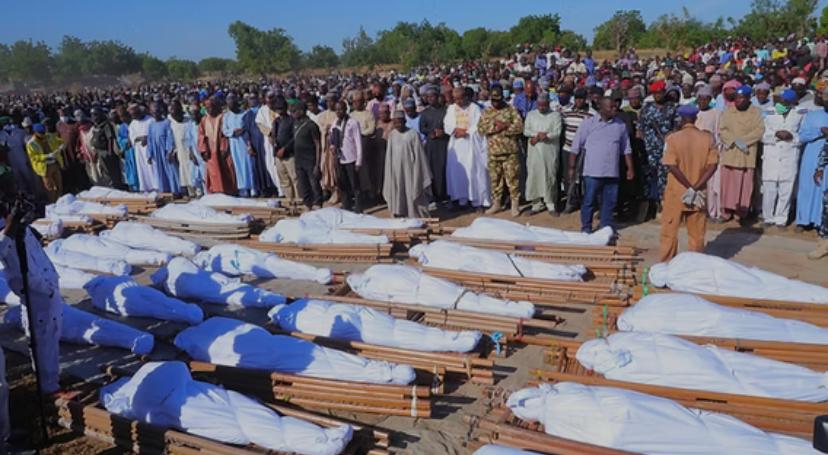In recent years, Nigeria has been facing one of the most serious security and humanitarian crises in Africa. Across several regions of the country, Christian communities have been repeatedly targeted in violent attacks, leading to deaths, displacement, and destruction of property.
Human rights organizations, including Amnesty International and Human Rights Watch, report that thousands of Christians have been killed or forced to flee their homes in northern and central Nigeria. The violence is mainly linked to extremist and armed groups such as Boko Haram and the Islamic State West Africa Province (ISWAP), which continue to launch deadly raids in the northeast.
In the Middle Belt states of Benue, Plateau, Kaduna, and Taraba, communal violence between armed herders and Christian farming communities has escalated. Although the conflict is partly over land and resources, it has increasingly taken on a religious and ethnic dimension. Entire villages have been burned, churches destroyed, and families displaced.
Local church leaders and aid agencies have described the situation as a silent crisis, urging the Nigerian government and international community to do more to protect civilians. The government has condemned the attacks and launched several military operations to restore peace, but many rural areas remain insecure.
The ongoing violence has also created a large population of internally displaced persons (IDPs) who struggle to access food, shelter, and education. Despite humanitarian efforts, many survivors continue to live in fear, uncertain about returning to their homes.
International observers stress that restoring peace in Nigeria requires addressing both security challenges and deeper social tensions. They call for stronger law enforcement, improved dialogue between communities, and greater support for victims of violence.





